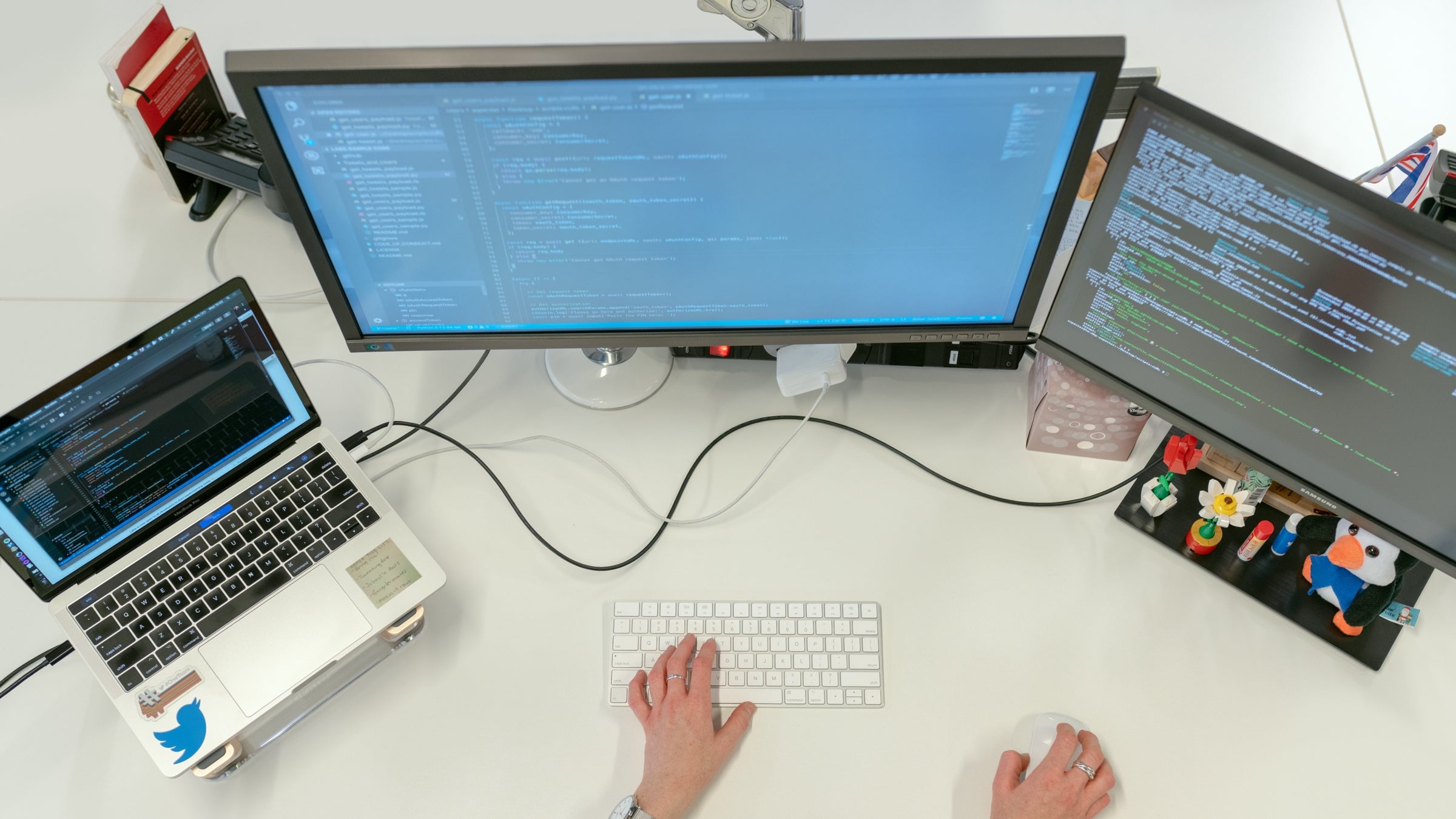Dedicated Developers vs. In-House Teams: Which Is Right for You?
The decision between using devoted designers and preserving an in-house group is a substantial one that can influence the trajectory of your tasks and general business approach. On the other hand, in-house teams contribute to a natural company society and a nuanced understanding of lasting goals.
Recognizing Committed Programmers
The growing demand for specialized skills in the technology market has actually brought about the appearance of committed designers as a sensible service for many organizations. These professionals are typically gotten on a task basis, allowing firms to utilize certain competence without the long-term commitment linked with full time hires. Devoted developers are commonly embedded within a client's group, supplying flexibility and scalability to meet task demands.
This version enables organizations to access a global skill pool, which is specifically beneficial in a quickly evolving technical landscape. Committed developers can be sourced from various geographical places, making certain that companies can find the ideal capability at competitive rates. They commonly bring a wide range of experience and knowledge, having worked on diverse jobs across different industries.
Furthermore, dedicated designers can focus exclusively on the tasks available, boosting efficiency and performance. They are equipped to integrate seamlessly into existing process, teaming up closely with in-house teams to achieve project goals. This technique not just decreases the problem of employment and training yet also allows organizations to remain dexterous, adjusting promptly to transforming market demands and technological developments.
Advantages of In-House Teams

In addition, internal groups have a tendency to have a deeper understanding of the firm's mission, worths, and objectives. This placement can enhance staff member engagement and inspiration, as staff member feel more linked to their work and the company's success. Furthermore, having a dedicated in-house team enables better positioning of goals and strategies, as these members are constantly concentrated on the company's concerns.
Internal teams also promote quicker decision-making processes, as they can respond extra swiftly to difficulties and modifications. The well established connections and familiarity with business procedures enable structured operations and reduced miscommunication. Ultimately, the mix of a cohesive society, placement with organizational goals, and effective interaction makes internal groups a valuable asset for lots of companies, especially those seeking to grow lasting growth and innovation.
Cost Considerations
When assessing cost considerations, both internal groups and devoted designers present distinct economic implications for organizations. Involving committed programmers typically entails a pay-per-project or per hour rate model, which can be cost-effective for organizations with varying job demands. This strategy permits adaptability in scaling sources up or down, making sure that business just pay for the services they require.
On the other hand, internal teams entail repaired expenses, including salaries, advantages, and overhead expenditures such as workplace and equipment. While this version uses greater control and prompt schedule of resources, it might cause greater long-lasting expenses, specifically if the workload does not validate a permanent team.
Moreover, business need to take into consideration the surprise costs connected with employment and training of internal employees, which can additionally stress budgets. In some instances, the time and resources invested in managing an in-house team can diminish the organization's core company objectives.

Job Administration and Versatility
Task management and flexibility are critical factors that influence the choice between dedicated programmers and in-house groups. Dedicated programmers why not check here commonly use a high level of adaptability, enabling companies to scale sources up or down based upon project needs. This agility can be particularly useful for organizations experiencing rising and fall work or those seeking to introduce quickly. Devoted groups typically have actually developed processes for taking care of tasks properly, leveraging certain approaches like Agile or Scrum, which help with repetitive progression and versatility.

Eventually, the choice between devoted designers and in-house groups try this site rests on the desired level of versatility and the certain task management requirements. Firms need to review their functional dynamics, task complexity, and source schedule to identify which option lines up finest with their strategic purposes.
Making the Right Choice
Selecting the ideal growth approach-- in-house teams or devoted designers-- calls for a mindful analysis of different elements that straighten with a firm's strategic objectives. Conversely, in-house teams can supply far better continuity and integration with existing personnel.
Next, review your budget. Dedicated developers typically present a cost-efficient remedy for temporary tasks, while in-house teams may sustain greater long-lasting expenditures as a result of wages, advantages, and expenses prices. Analyze the degree of control and cooperation wanted; in-house teams usually cultivate more powerful interaction and positioning with business culture.
If immediate outcomes are required, dedicated programmers can be onboarded rapidly, whereas constructing an internal team takes time for employment and training. If continuous advancement is essential, spending in an internal team might generate far better returns over time.
Verdict
In final thought, the decision between dedicated developers and internal groups hinges on project needs and business goals. On the other hand, in-house groups grow a natural society and much deeper positioning with long-lasting objectives.
The decision between using visit this page committed designers and maintaining an internal team is a substantial one that can impact the trajectory of your projects and total service technique.Job management and versatility are important aspects that affect the choice in between internal teams and dedicated designers. software development staff augmentation.In comparison, internal teams may stand out in maintaining a constant project management framework due to their knowledge with the organization's society and long-lasting goals. Devoted programmers frequently provide an affordable remedy for short-term jobs, while in-house teams might incur greater long-lasting expenditures due to salaries, benefits, and expenses costs.In final thought, the choice between internal teams and specialized developers hinges on job needs and business objectives